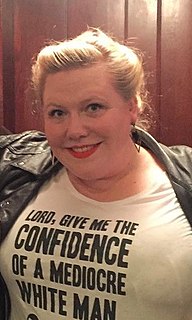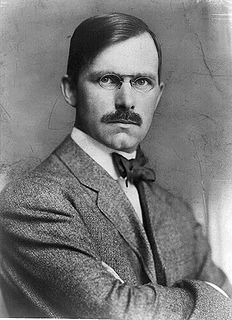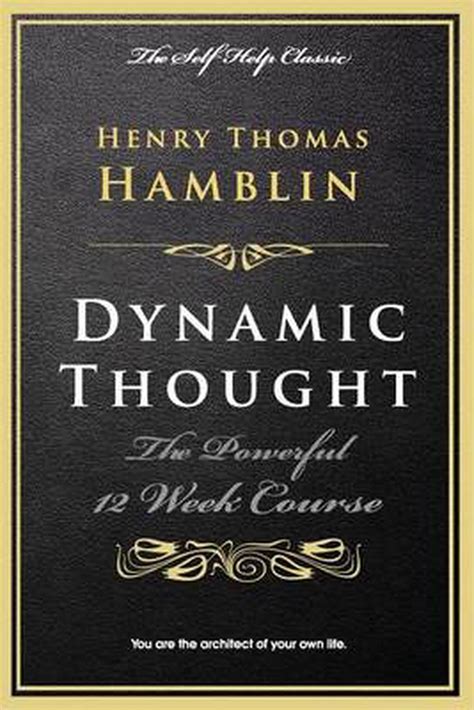A Quote by V. S. Naipaul
How could people like these, without words to put to their emotions and passions, manage? They could, at best, only suffer dumbly. Their pains and humiliations would work themselves out in their characters alone: like evil spirits possessing a body, so that the body itself might appear innocent of what it did.
Related Quotes
One could say nothing to nobody. The urgency of the moment always missed its mark. Words fluttered sideways and struck the object inches too low. Then one gave it up; then the idea sunk back again; then one became like most middle-aged people, cautious, furtive, with wrinkles between the eyes and a look of perpetual apprehension. For how could one express in words these emotions of the body? express that emptiness there?
I would want people to know that they don't have to hate their body and don't have to be afraid of it, but that it's also okay to feel uncomfortable with it at times. The body positivity conversation often gets sort of oversimplified and flattened into, "Yay! Everyone has to love everything about their body all the time!" And that's not realistic, that's not how bodies work, that's not how emotions work. It's fine to have these kinds of confusing and conflicting feelings.
The body is there because the mind seeks desires through the body; desires cannot be fulfilled without the body. You can be completely fulfilled without the body, but desires cannot be fulfilled without the body. Desire needs the body; the body is the vehicle of desire. That's why possession happens. You have heard, you must have heard, many stories about a ghost possessing somebody else. Why is a ghost so interested in possessing somebody else? It is because of desires. Desires cannot be fulfilled without a body, so he enters somebody's body to fulfill his desires.
Did you think you could have the good without the evil? Did you think you could have the joy without the sorrow? . . . . I have been thinking much about pain. How could I help it? . . . . Sooner or later, regardless of the wit of man, we have pain to face; a reality; a final inescapable, immutable fact of life. What poor souls, if we have then no philosophy to face it with! This pain will not last; it never has lasted. I'll think about what I am going to write tomorrow-not about me, not about my body.
We must not only put bodily passions to death but also destroy the soul's impassioned thoughts. Hence the Psalmist says, 'Early in the morning I destroyed all the wicked of the earth, that I might cut off all evil-doers from the city of the Lord' (Ps. 101:8) - that is, the passions of the body and the soul's godless thoughts.
The spirit, if it could be seen with mortal eyes, would appear in bodily shape like a full-grown person with individual endowments that make it a counter-part of the body in which it [resides,] "that which is temporal in the likeness of that which is spiritual." (D&C 77:2.) It was that which came from God and entered at birth into the infant body prepared by its mortal parents. The spirit was of the "Lord from heaven." The physical body was "of the earth, earthy," (2 Cor. 15:47) or in other words, composed of the elements of which the things in the physical world are composed.
The body is a sensing instrument of consciousness. Without the body and mind,
the trees could not see themselves. Usually we think that we are looking at a tree, but the tree is looking at itself through us. Without this instrument, the tree does not get to see itself. We are sensing instruments of the Divine.
If we could put material things into their proper place, and use them without being attached to them, how much freer we would be. Then we wouldn't burden ourselves with things we don't need. If we could only realize that we are all cells in the same body of humanity - then we would think of having enough for all, not too much for some and too little for others.
If love could force my own thoughts over the edge of the world and out of time, then could I not see how even divine omnipotence might by the force of its own love be swayed down to the world? ...how it might, because it could know its own creatures only by compassion, put on mortal flesh, become a man, and walk among us, assume our nature and our fate, suffer our faults and our death?
The history of work has been, in part, the history of the worker's body. Production depended on what the body could accomplish with strength and skill. Techniques that improve output have been driven by a general desire to decrease the pain of labor as well as by employers' intentions to escape dependency upon that knowledge which only the sentient laboring body could provide.






































